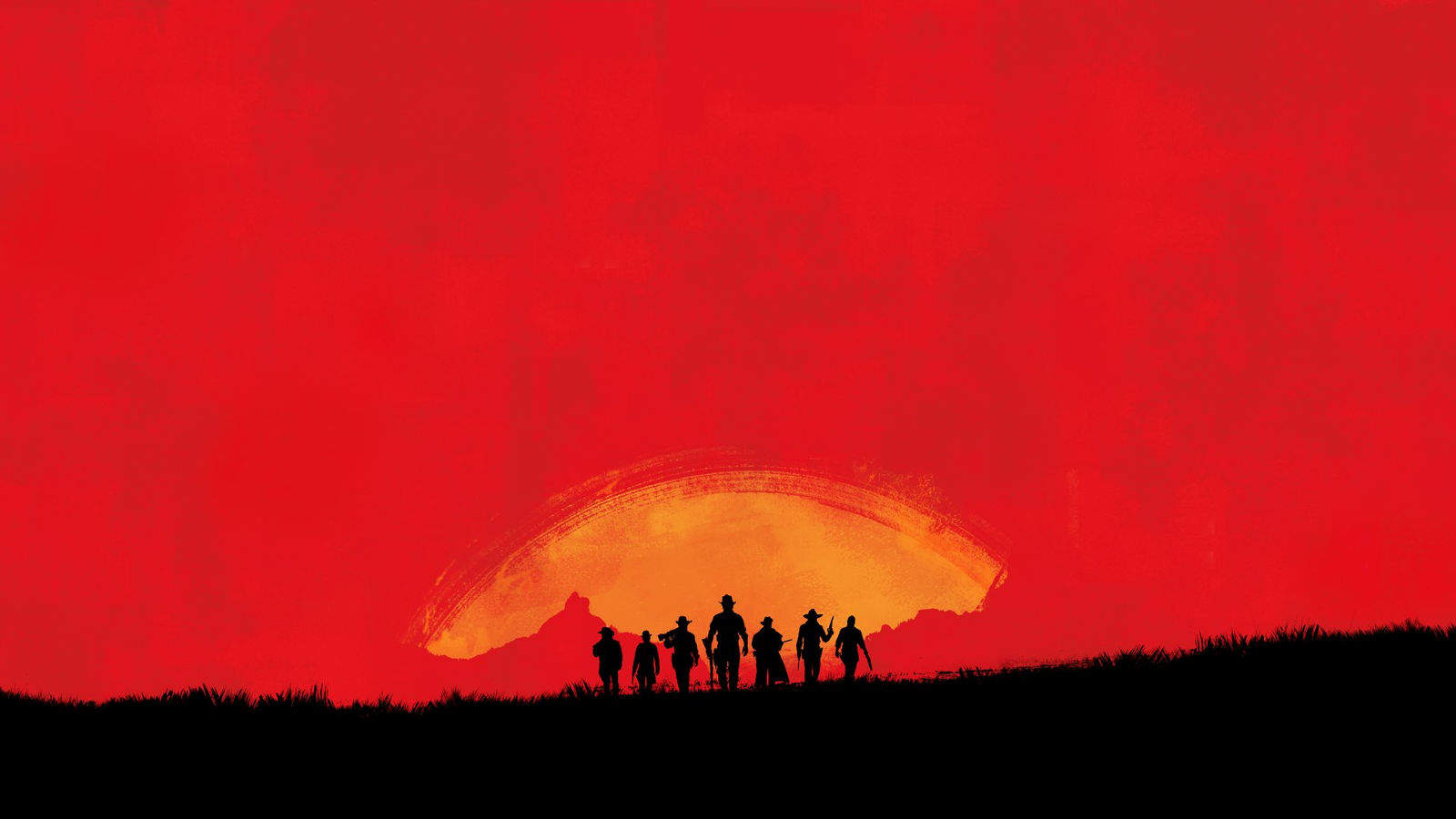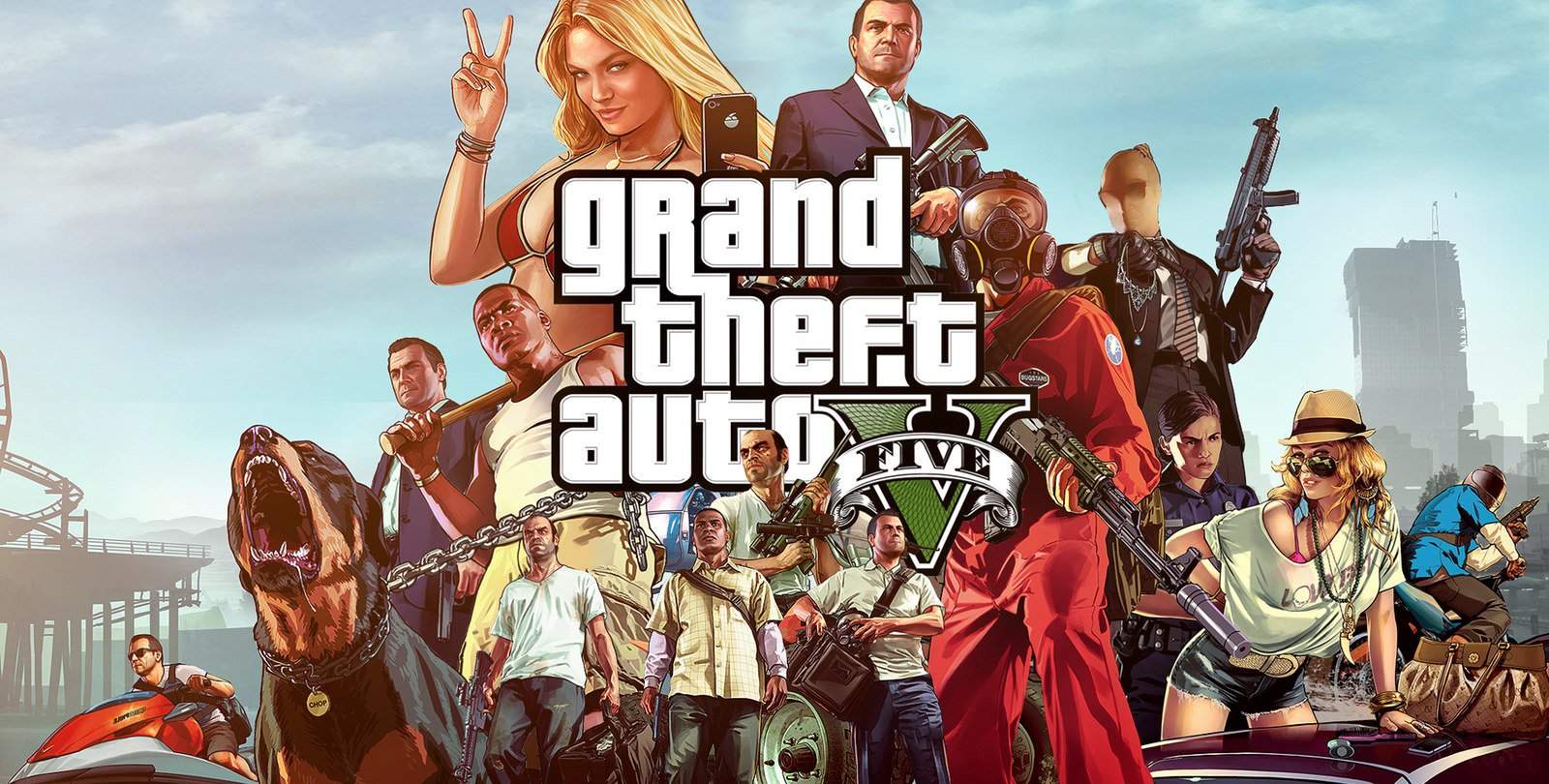In 1998, a little-known company named Rockstar Games emerged on the gaming scene. Fast forward a few decades years, and it is clear how this company is not simply ‘just’ another game developer; it is a cultural phenomenon. This year marks the 25th anniversary of Rockstar Games, a milestone calling for a reflection on the studio’s impact on the gaming industry and culture at large.
From Humble Beginnings to Industry Titans
Rockstar Games was founded in 1998 by Sam Houser, Dan Houser, Terry Donovan, and Jamie King, with the backing of Take-Two Interactive. The company’s vision was clear from the start: to create games with more in mind than simply winning or losing and, perhaps, with a focus on creating experiences within which players can immerse themselves.
The early days of Rockstar were marked by bold decisions and a willingness to push boundaries. This approach was evident in one of their first major successes, Grand Theft Auto (GTA). Released in 1999, GTA was groundbreaking, especially for its open-world gameplay, adult themes and narrative depth. It was a game that both entertained and, more importantly, made a statement.
Redefining Gaming: A Legacy of Innovation
Rockstar’s portfolio is a testament to innovation. Each title they release seem to challenge the norms of gaming whilst also redefining them. For example, Max Payne (2001) introduced a gritty, cinematic style and bullet-time gameplay. Whereas Bully (2006) took players to the less-explored setting of a boarding school, combining an engaging narrative with unique, and highly controversial, gameplay mechanics.
However, it was the GTA series where Rockstar has been cemented as the absolute best developer of open-world gameplay. GTA III (2001) brought the series into 3D, creating a template for open-world games. GTA: Vice City (2002) and GTA: San Andreas (2004) expanded this further, offering larger worlds and more immersive stories. Then came GTA IV (2008) and GTA V (2013), each pushing the boundaries of what is possible in terms of storytelling, world-building, and realism.
Another landmark achievement was Red Dead Redemption (2010) and its sequel Red Dead Redemption 2 (2018). These games offer a breathtaking portrayal of the American frontier, filled with deep narratives and expansive, beautiful environments. They are not just games; they continue to serve as experiences.
Cultural Impact and Controversy
Rockstar’s games have often courted controversy, primarily due to their adult content and themes. However, this controversy has also sparked conversations about the nature of art and entertainment, and the role of video games in society. Rockstar’s willingness to tackle complex and often taboo subjects has helped elevate video games as a medium, demonstrating their potential for storytelling and cultural commentary.
As a result, the studio’s influence extends beyond gaming. The GTA series, in particular, has had a significant impact on popular culture, influencing everything from music to movies. The attention to detail in these games, from their soundtracks to their satirical take on American culture, has earned them a place in the cultural lexicon.
Looking to the Future
As Rockstar Games celebrates its 25th anniversary, it stands at the forefront of the gaming industry. With rumors of new titles and continuations of beloved series, the future looks bright for this pioneering studio.
Their journey from a small game developer to a cultural icon is a testament to their creativity, innovation, and willingness to take risks. Rockstar Games have crafted worlds, stories, and experiences that define generations. One thing is certain: whatever Rockstar does next, the world will be watching, ready to be captivated once again.
Owner, founder and editor-in-chief at Vamers, Hans has a vested interest in geek culture and the interactive entertainment industry. With a Masters degree in Communications and Ludology, he is well read and versed in matters relating to video games and communication media, among many other topics of interest.



















